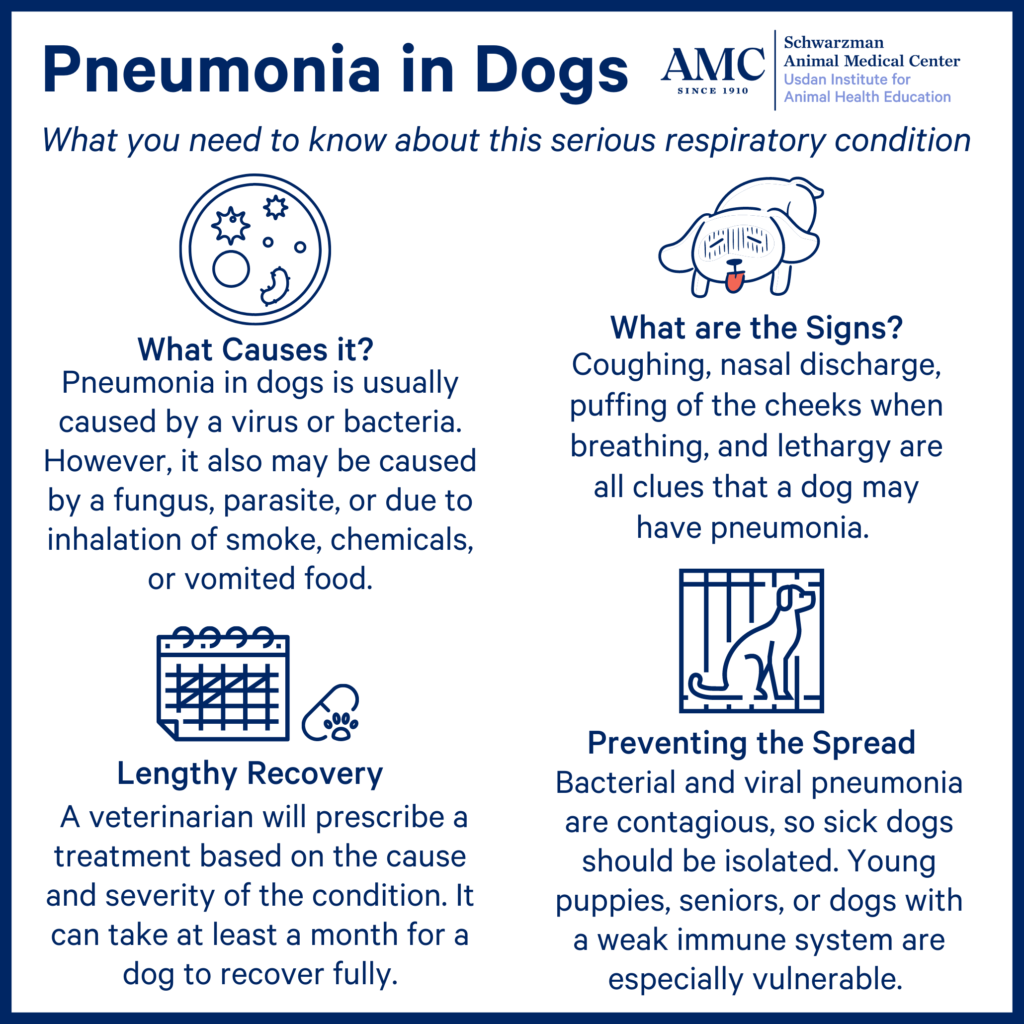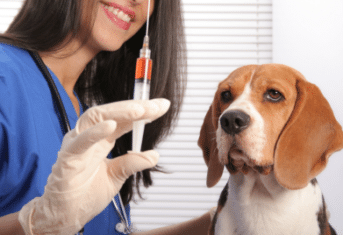Monkeypox and Strep Zoo: What Pet Owners Should Know

Monkeypox and Strep Zoo: What Pet Owners Should Know
Usually, I devote the month of June to writing about cats in honor of Adopt a Cat Month. But the infectious disease news is so important right now, I am delaying my annual series of feline blog posts until June 8th.
Monkeypox Outside of Africa
Last week, the World Health Organization reported a monkeypox outbreak among humans in 12 of its member nations. This is unusual because the cases were not related to travel to Africa but appear to have been transmitted by person-to-person through close contact with an infected person.
What is monkeypox?
Monkeypox is a viral disease originating in Central and West Africa. This is an example of a “zoonotic disease” – a disease that spreads between animals and humans. Although monkeys were the first animals described with monkeypox virus, African rodents are the viral reservoir. In 2003, a monkeypox outbreak in the United States lead to a ban on importing African rodents and the sale of prairie dogs as pets. For those concerned about the risk of monkeypox to humans, the New York State Department of Health has simple, clear information on their website.
What animals are susceptible to monkeypox?
Obviously, monkeys of various species are susceptible to monkeypox. Since the African reservoir for monkeypox is rodents, it is not surprising that American rodents, such as prairie dogs, are susceptible to monkeypox and were infected in the 2003 monkeypox outbreak linked to imported African rodents. Rabbits, which are not rodents (they are lagomorphs), are also susceptible to monkeypox. There is at least one hedgehog that tested positive for monkeypox. Fortunately for the majority of pet owners, no cases of monkeypox have been reported in dogs or cats to date; however, the full host range is still unknown and monkeypox in dogs and cats remains a possibility. Veterinarians simply don’t know right now.
Canine Pneumonia in New York City
The other story is a New York City story. Currently, we are experiencing an uptick in dogs with lung infections or pneumonia in dogs. One suspected culprit is Streptococcus equi subspecies zooepidemicus, or “Strep zoo.”
What is Strep zoo?
Streptococcus equi subspecies zooepidemicus is a bacterium that causes a rapidly spreading pneumonia within a population of dogs at a kennel or shelter. Like monkeypox, it also has zoonotic potential. As you might guess from the name, this bacterium probably evolved from an equine strain. Strep zoo is one of the many organisms that cause the canine respiratory disease complex known as “kennel cough.”
How do I know if my dog has Strep zoo?
Dogs with pneumonia will cough, have a fever and often have nasal discharge. Strep zoo also causes tonsillitis. (Yes, dogs have tonsils too!) Not all infected dogs have clinical signs, and some dogs have serious hemorrhagic pneumonia with bleeding into and around the lungs. Your veterinarian will swab your dog’s nose and throat to make a diagnosis. Good news here: Strep zoo is typically treated with common antibiotics like amoxicillin.
What can a pet owner do to protect their pets against emerging infectious diseases?
To protect your pet against Monkeypox, Strep zoo and other emerging infectious diseases, the best thing you can do is be sure your pet is up to date on vaccinations. It’s been shown that infection with one pathogen predisposes your pet to infection with a second pathogen.
If you or anyone in your household is sick with a contagious illness, isolate away from everyone in the family, including pets. Practice good hand hygiene around pets and wear a mask around your pet if you are sick.
For my cat loving readers, here are some links to previous feline blog posts to tide you over until next week.


































